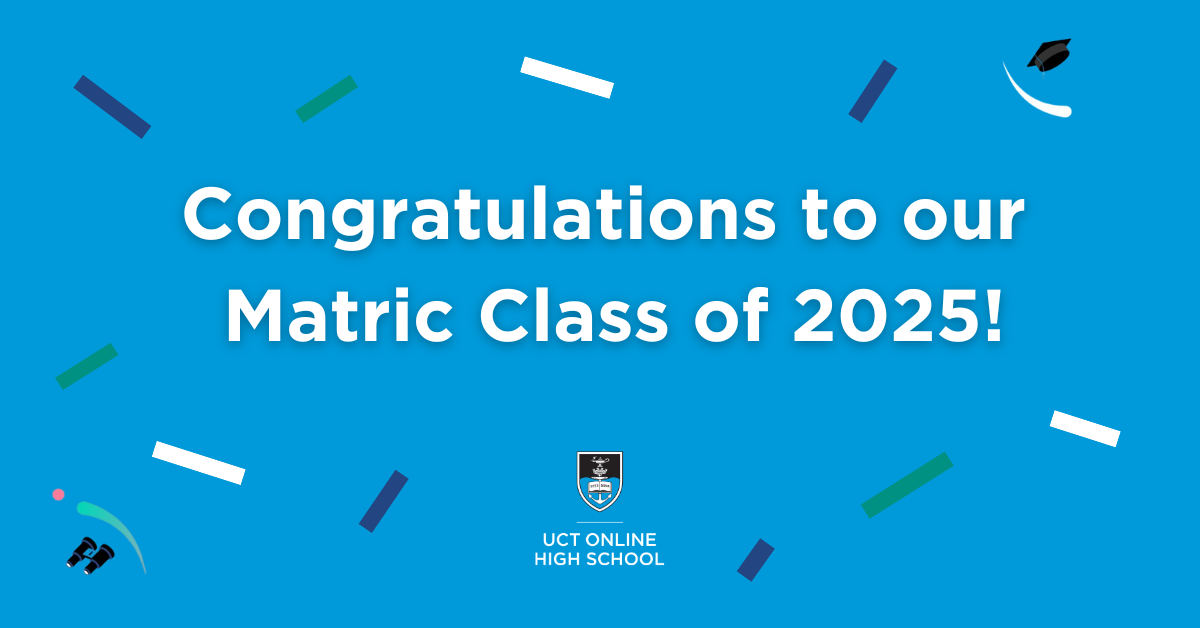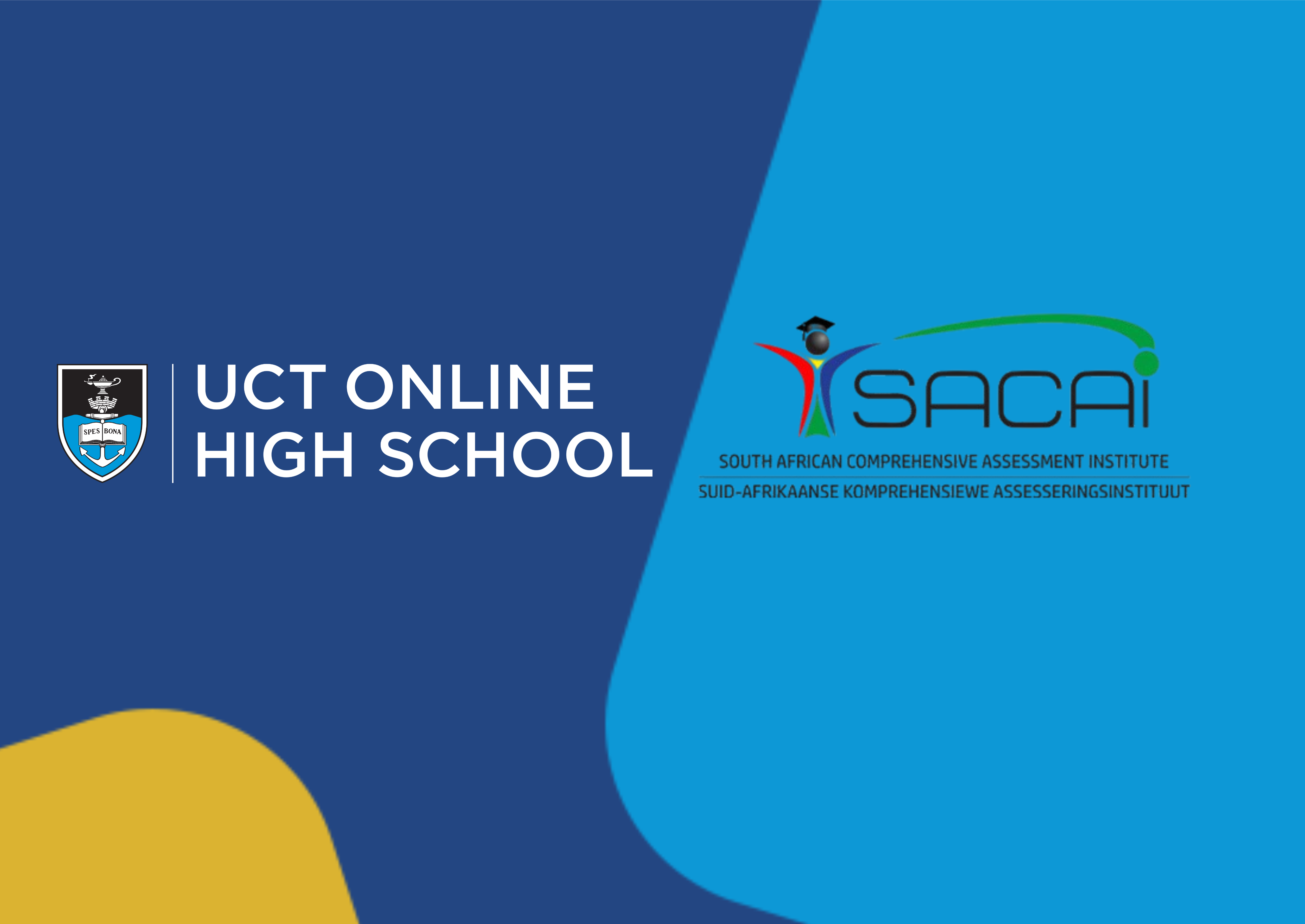High school scholarships are unfortunately uncommon. And the application process is competitive. That’s why it’s so important to submit the best application you can.
To help you, we’ve put together our top tips to guide you on your application journey – from planning to execution and beyond.
Each organisation will have their own requirements, so it’s always important to read these thoroughly before starting the application process. But some rules apply across the board.
No matter where you apply, you’ll need to supply a fully completed application form and provide supporting documents (like certified copies of your ID, school reports and financial records).
There are also general tips you can follow to submit the best application you can. This includes preparing your supporting documents early, proofreading your application, and making sure to sing your praises.
Read on for all our tips and tricks.
1) Diarise application deadlines
Deadlines are essential to the application process, especially if you’re applying for multiple scholarships (and you should – more on this later).
All scholarship programmes have strict deadlines and won’t consider late applications. So diarise those dates, and make sure you don’t miss an opportunity.
2) Put together your supporting documents early
No matter the funder, you’ll need to provide a lot of paperwork. Often, these will need to be certified too. This can be a time-consuming process, so start as soon as possible.
Even though each scholarship programme will have its own requirements for supporting documents, there are a number of documents that are usually required.
These documents can be divided into three categories.
- Applicant documents: Your ID document/birth certificate and latest academic records
- Parent or guardian documents: Your parent/guardian’s ID documents, divorce decree (if applicable), death certificate/s (if applicable) and proof of guardianship (if applicable)
- Financial documents: Provide proof of the total household income through payslips, unemployment records, pension documents and/or grant documents.
Once you’ve compiled all your documents, make copies and get them certified. Remember, you should only submit copies of your documents (not the originals) because they won’t be returned to you.
You can get copies of your documents certified by a commissioner of oaths at your local police station, post office or bank.
3) Complete your application in full
This might seem obvious, but many scholarship applications are disqualified because they’re incomplete or missing supporting documents.
Ensure each and every section of the application form is completed. If the requested information doesn’t apply to you, you should say “not applicable” or “N/A”.
For example, an application may ask you to indicate which second language you speak. If you don’t speak a second language, you should answer “not applicable”. This way, the person reviewing your application knows you didn’t simply forget to answer.
Since you’ll usually need to submit a lot of supporting documents, we recommend creating a checklist to track your progress and make sure you don’t miss anything.
4) Proofread your application
Sloppy applications are less likely to be accepted. So make sure you eliminate all spelling and grammar mistakes before applying.
Tools like spellcheck and Grammarly can help with this. You can even ask your parent, guardian or teacher to read through your application to flag any mistakes and areas that need improvement.
5) Request letters of recommendation early and from the right people
Some scholarship programmes will ask you for letters of recommendation. Think carefully about who you should ask to write these letters.
Letters from family or friends are generally not suitable for this, but people like teachers or community leaders are good options. Choose someone who knows you well and can speak knowledgeably about your strengths and abilities.
You should give your recommenders at least two weeks to write the letter. And be prepared to provide them with any relevant additional information about yourself or the scholarship you’re applying for, so they’re better informed when writing your letter.
6) Have good, contactable references
Some scholarship programmes will ask you to provide references (often instead of letters of recommendation). Good references can make a huge difference to your application.
Again, you should make sure you choose someone who knows you well. People like a school principal, teacher, or community leader are excellent options.
Make sure to check first before including anyone as a reference and provide up-to-date contact details for them (telephone number and email address).
This is very important. If the funders can’t reach them, it may hurt your chances of receiving a scholarship.
7) Write a great essay (if required)
If your application requires you to submit a personal essay, you need to dedicate enough time to make it the best essay possible.
These types of essays are a great opportunity to tell the funders things about yourself that might not be shown elsewhere in the application. So, think carefully about the question being asked and take time to craft your response.
When you’re done, proofread your work. You can use tools like spellcheck and Grammarly to check for errors. Again, you can also ask a parent or teacher to review it and provide suggestions.
Finally, don’t submit an essay unless it’s a requirement. You might think that funders will appreciate that you’ve gone the extra mile, but chances are they won’t read it.
So rather spend your time working on perfecting the things they’ve asked for.
8) Don’t be afraid to sing your praises
Talking about yourself is an integral part of the application process. This might feel uncomfortable, but it’s important to tell the funders how great you are. Funders want to reward you for your achievements, but they have to know about them first.
You can note any awards and recognitions you’ve received, any activities that show your talents and passions, leadership activities you’ve participated in, and times when you’ve shown initiative and persistence in the face of adversity.
If you’re involved in caring for your community and family, you should also mention this. Taking on these types of tasks can say a lot about your character.
9) Don’t limit yourself to one scholarship
Apply for as many scholarships as you can (as long as you meet the requirements for consideration). The competition for scholarships is high, so applying for as many scholarships as possible will increase your chances of being awarded one.
To review your options, take a look at our annual guide to high school scholarships in South Africa for all the information you need on where you can apply.
10) Keep your eyes open for scholarship updates and announcements
Once you've submitted your application, be sure to keep an eye out for emails, phone calls or text messages from the funders.
If you’re shortlisted, you might need to attend an interview or take an entrance exam before the committee makes their final selection.
You don’t want to miss their communications about this, or you'll likely miss out on the scholarship.
It’s also useful to keep up-to-date on scholarship announcements and updates by following the scholarship programmes on social media. Here are some accounts you can follow:
Allan Gray Orbis Foundation
Kay Mason Foundation
Students for a Better Future
Make a Difference Leadership Foundation
Learning Liberated Scholarship Programme
11) Try, try again
If you aren’t awarded a scholarship on your first try, don’t be discouraged. Keep trying. Save copies of every application that you complete so you don’t have to start from scratch every time.





























